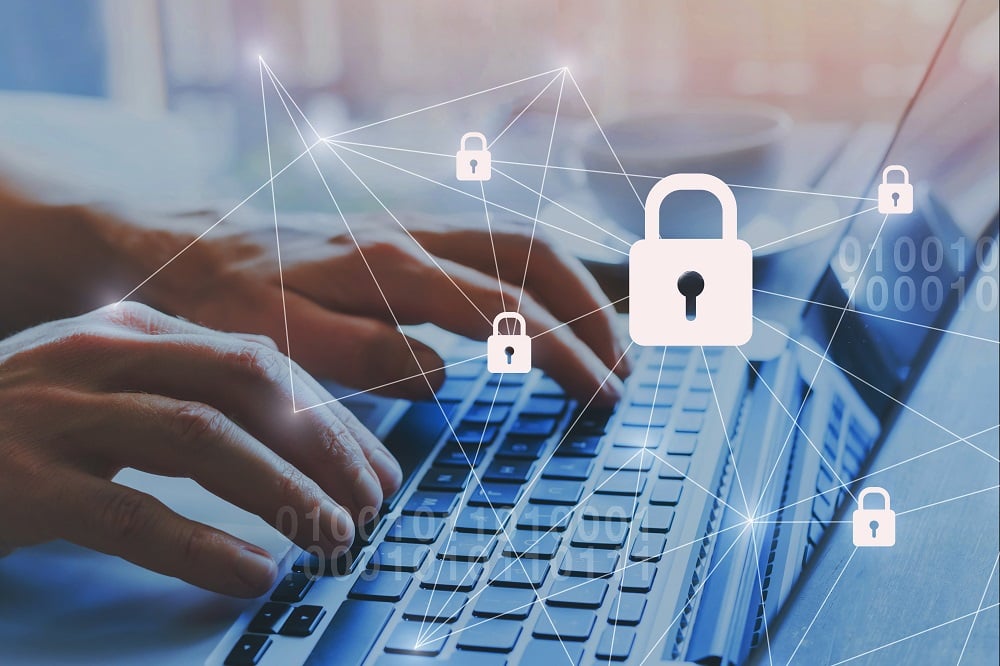You are viewing our site as an Agent, Switch Your View:
Agent | Broker Reset Filters to Default Back to ListHow Safe Is Your Computer? Check Out This Safety Checklist!
February 16 2021
 How safe is your computer? That's a question all real estate agents are asking now more than ever since most are working from home, either part-time or full-time.
How safe is your computer? That's a question all real estate agents are asking now more than ever since most are working from home, either part-time or full-time.
The good news is that today's updated personal computers have more built-in safety features than ever. New operating systems like Windows 10 and the latest versions from Apple can help keep you safe. The bad news is that no matter how secure you think your computer may be, there remains a risk that you could get hacked.
The fact is that cyberattacks can occur in a variety of ways, including routine things you may do when surfing the web. Malware still can infect your computer, and cybercriminals may steal personal information about you online.
What should you do? Go through a safety checklist of the simple measures you can take to keep your computer from being compromised.
Below is a quick checklist to bolster your computer's security. And if you need help with any of these items, please give reach out to us at Tech Helpline by giving us a call, chat or email and ask for help.
Computer Safety Checklist
Antivirus and anti-Spyware programs
Ensure you have updated antivirus and anti-Spyware programs installed on your computer to keep you safeguarded from malicious programs slowing you down or losing data. Malware and spyware programs remain prevalent, and new ones are being released all the time, so be sure to protect yourself.
Keep your software up to date
For trusted software, especially your primary web browser, the best practice is to have it set up for automatic updates. You should still routinely make sure you have the most recent version installed to safeguard your computer. Using automatic updates can keep your computer running smoothly and protect it from outside attacks.
Back up your data
What would happen if your computer crashed and you lost all your files? Do you have a current backup of everything? If not, how many crucial files would you lose? Backing up your data to a portable hard drive or online data vault, like Google Docs or Dropbox, routinely allows you to recover what you lost.
Use your firewall
A firewall is crucial for keeping your information secure. A firewall helps protect you and your clients' files from being stolen by hackers. But you have to make sure your firewall is turned on when accessing the internet. If you don't, you are putting your and your clients' personal information at greater risk.
Use strong passwords
Most of us use easy passwords because we can remember them, saving time. But web browsers and computer operating systems are becoming smarter and can create — and remember — complicated passwords for you. Creating different standard password variations may be convenient, but it puts you at greater risk since cybercriminals look for folks who don't use complicated passwords. Make sure you create strong passwords using a random mix of letters, numbers, and permitted symbols. Be creative and you can create strong passwords that are recognizable to you yet different for every account you have.
Secure your Wi-Fi network
Make sure your home Wi-Fi is secure and uses a strong password for protection. Remember that public Wi-Fi offerings are often not safe. Be very careful about your online activities when using any open network (don't go into your online banking account), as they are easy to hack.
Be careful opening any email attachment
The safest practice is only to open attachments that you expect to receive from trusted senders. Always pause before you open any file, even if it appears to be from someone you know, and look at the sender's email address to be sure it is really them. Unfortunately, computer viruses can be hidden with a file or what appears to be a trustworthy link.
Stay safe online
Avoid clicking on links on websites you don't know. If you think it might be a bad website, it probably is. Keep in mind that a single click could result in a malware infection.
Again, if you need assistance with any of the items on this checklist – or with any other tech question you have – Tech Helpline is ready to help you!
To view the original article, visit the Tech Helpline blog.









